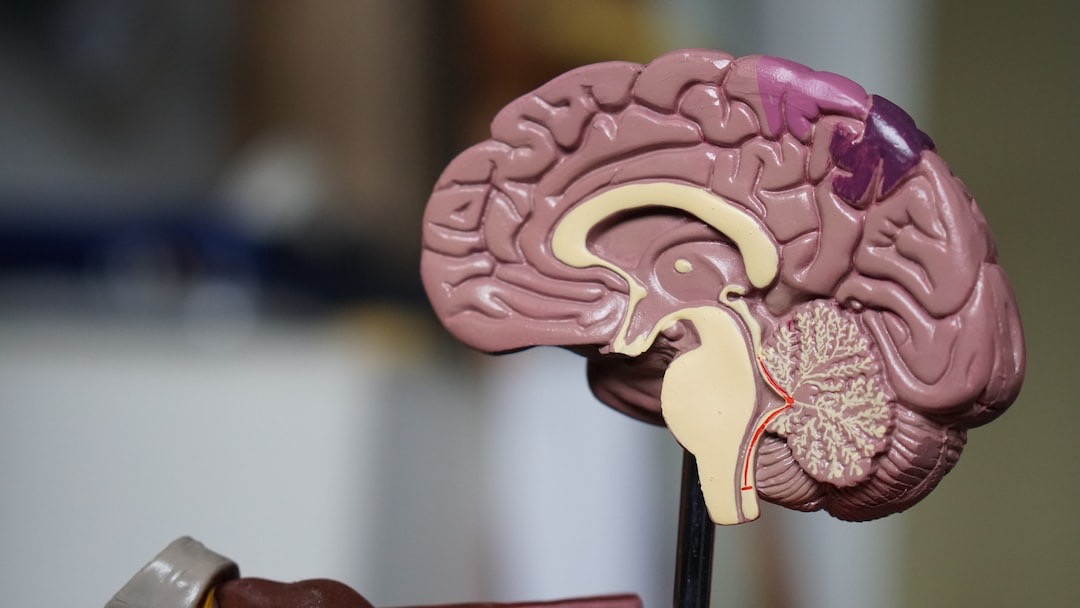How Does Drug Use Affect the Brain?
Addiction is often considered a brain disease because alcohol and drug use can significantly alter brain structure and functioning. With repeated drug use, an individual’s brain experiences several changes that make it easier to use substances without a second thought. When people consider using drugs, they are often not consciously aware or educated about the impact on their brains. Becoming aware of these effects can help individuals better understand why professional intervention and support are usually required to heal from substance use disorder (SUD).
The Mechanisms of the Human Brain
According to the National Institute on Drug Abuse (NIDA), the brain is the most intricate and complex organ in the human body. It is responsible for regulating the body’s functions, interpreting and responding to all life’s experiences, and shaping a person’s thoughts, emotions, and overall behavior.
Neurons and Neurotransmitters
The brain is comprised of billions of cells, also known as neurons. They are responsible for controlling the flow of information in the brain. Neurons are organized into circuits and networks, each circuit coordinating specific functions. Neuronal communication works by neurons firing neurotransmitter signals to one another. When enough signals are sent to a neuron, it fires and sends them to other neurons in the circuit. Altogether, the circuit performs a function.
It is essential to understand that when neurons receive neurotransmitter signals, it causes them to fire back but also causes changes in the receiving cell. A neurotransmitter message physically attaches to receptors on the receiving cell, mimicking a key in a lock. There are also molecules known as transporters responsible for recycling neurotransmitters back to their original cell. Transporters can limit and shut off signals sent between neurons.
Drug Use and the Brain
NIDA states, “Drugs interfere with how neurons send, receive, and process signals via neurotransmitters.” The chemical structure of certain drugs mimics the structure of natural neurotransmitters. This allows the drug to activate neurons abnormally. Incorrect messages may be sent throughout the greater network of the brain. Other drugs can produce surges of natural neurotransmitters and override the brain’s circuits. Then, certain drugs interfere with the transporters’ job of recycling brain chemicals back to the original cell. Finally, neurons can also be killed as an effect of drug use.
Brain Areas Affected by Drug Use
Alcohol and other drug use can affect all parts of the brain. However, drugs heavily impact brain areas that are essential for carrying out life-sustaining functions. Moreover, these alterations are not short-lived. Unfortunately, the effects of alcohol and drug use on the brain can be long-lasting, if not permanent, without professional intervention.
According to NIDA, long-term use can impact various chemical systems and neural pathways, affecting basic functions like:
- Learning
- Judgment
- Decision-making
- Stress
- Memory
- Behavior
The Reward System
Notable areas affected by moderate drug use are the cortical-basal ganglia, also called the reward system. These areas are responsible for identifying and motivating activities and behaviors that bring feelings of pleasure. They also play an important role in the formation of habits and routines.
Dopamine, an important neurotransmitter, plays a vital role in this circuit and many others. A healthy brain is motivated by natural rewards, including socializing, eating, and having sex. When these behaviors become habitual, dopamine causes a rush of pleasure every time they happen.
It is essential to understand that repeated alcohol and drug use over-activate the reward system. The drugs produce abnormal surges of dopamine throughout various networks. As a result, many individuals report euphoria and utmost pleasure when using alcohol and other drugs.
According to NIDA, dopamine signals can cause changes in neural connectivity. This makes it easier to repeat drug-using behaviors over and over again without thinking about them. In other words, this leads to the formation of habits. “Large surges of dopamine “teach” the brain to seek drugs at the expense of other, healthier goals and activities,” explains the NIDA. Eventually, an individual will no longer be motivated to carry out natural rewards due to substances.
Treatment Can Reverse Brain Changes
Despite the severe brain changes that may result from alcohol and drug use, fortunately, the brain is malleable. This means that it is continually changing and adapting to its environment. Therefore, depending on the severity, they may never return to how they were before drugs. In recovery, brain plasticity can allow a person’s brain to adapt other neural pathways to specific functions. As such, a person in recovery can fix the problems caused by substance abuse.
Professional intervention coupled with lifelong sobriety allows the brain to heal and thrive. Many treatment facilities and programs are available, each offering unique benefits and services for individuals seeking recovery. It can be helpful to research programs in advance to know what to expect and to select a program best fits one unique needs and goals. While the road to recovery is challenging, it is worth it.
Alcohol and drug use can severely alter brain structure and associated functioning. Therefore, professional intervention is required to reverse the brain changes caused by chronic substance abuse. Fortunately, recovery is possible due to the brain’s malleability. At Grace Recovery, we understand how challenging it can be to recover from the lasting effects of substance abuse and addiction. Therefore, we offer transitional homes for women in recovery. During a client’s time at Grace, they’ll begin to rebuild their cognitive skills. We are dedicated to providing the utmost support and guidance that focuses on healing our client’s minds, bodies, and spirits in tandem. To learn more, call us today at (737) 237-9663.


